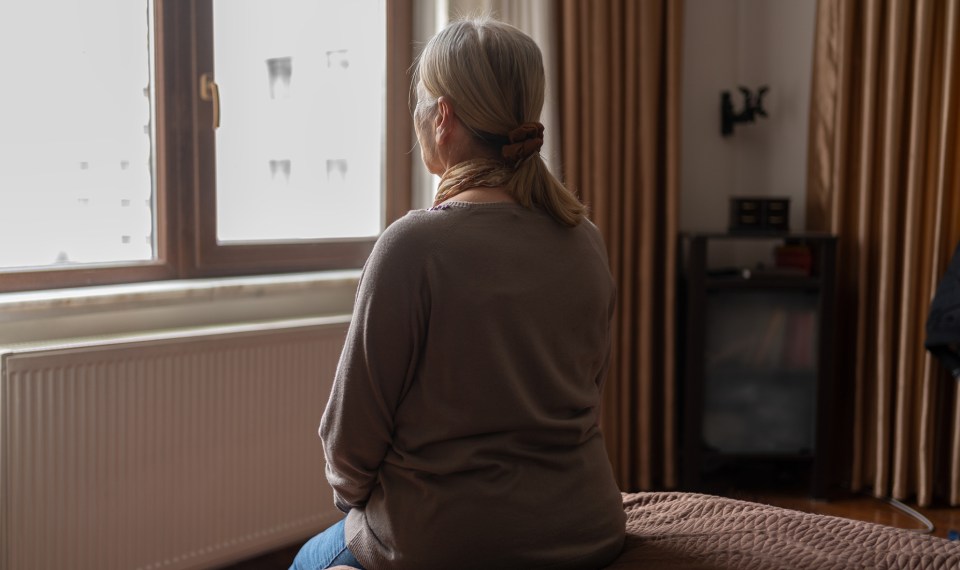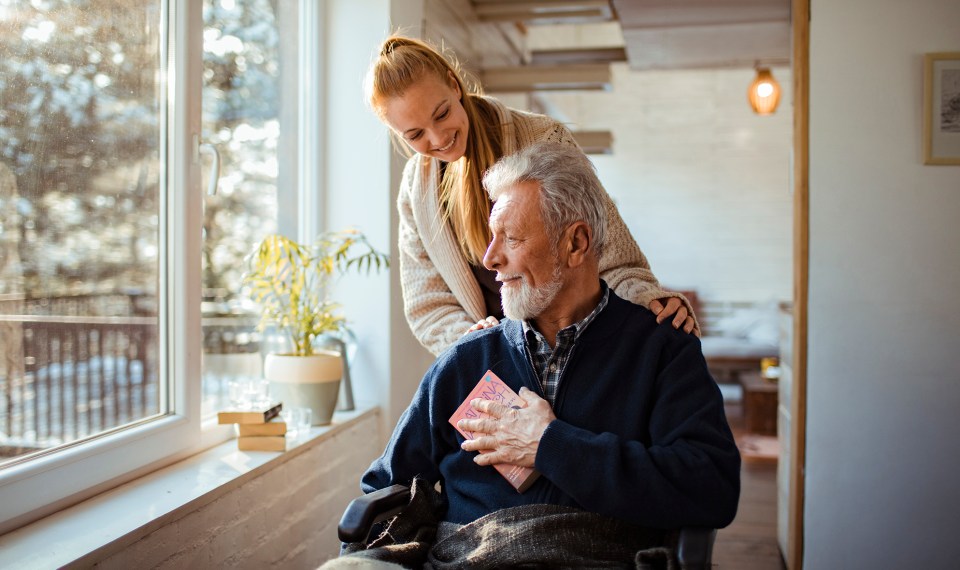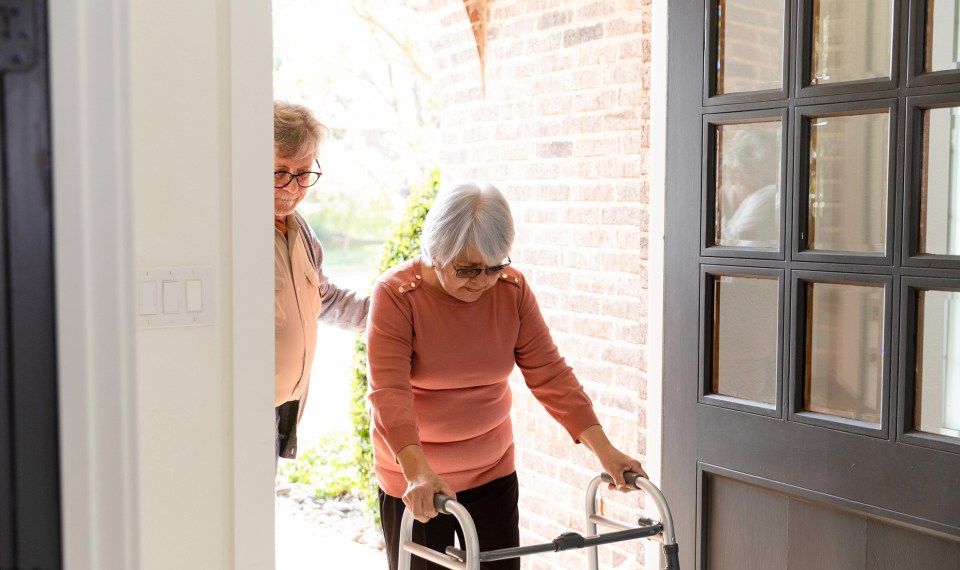Older adults typically find themselves spending more time alone. They often experience social isolation and feelings of loneliness. While the two are connected, there are distinct differences. Loneliness is a subjective feeling of being disconnected or alone, sometimes even when around others. Social isolation in older adults describes a lack of relationships, limited contact with others and minimal social support.
Effects of Social Isolation in Older Adults
Older adults are more likely to live alone, suffer the loss of close family members or friends, have chronic medical conditions or experience hearing loss. All these factors can contribute to social isolation.
According to a report from the National Academies of Sciences, Engineering and Medicine, almost 25 percent of adults 65 and older are socially isolated. The report acknowledges social isolation can be chronic or episodic. Many elderly adults experienced social isolation during the COVID-19 pandemic when lockdowns and social distancing prevented contact and companionship. For some, the problem is a persistent one that can have serious mental and physical health implications.
Social isolation is a growing problem among older adults, and one that comes with health consequences. Adults suffering social isolation have a 50 percent higher risk of dementia, a 29 percent increased risk of heart disease and a 32 percent higher risk of stroke. Being socially isolated also increases the risk of depression, anxiety, obesity, addiction, suicide and premature death.
Factors that can lead to social isolation include:
- Retiring from a long-term job
- Ending a relationship after many years
- Losing a spouse
- No enjoyable activities or interests
- Living on a limited income (less than $50,000/year)
- Having a psychiatric disorder
- Living in a rural area
- Transportation issues
- Language barriers
- Living alone
- Physical disability
Strategies for Coping with Social Isolation
Social isolation in older adults is now recognized as a complicated public health issue, but it can be difficult to identify those affected since they are often reluctant to ask for help. Staying social as you age isn’t always easy but there are ways to reduce the risk of isolation.
- Adopt a pet. Researchers from the University of Western Australia, the Harvard T.H. Chan School of Public Health and the WALTHAM Centre for Pet Nutrition surveyed 2,700 adults in Australia and the U.S. and discovered pet owners were 60 percent more likely to get acquainted with neighbors than non-pet owners. What’s more, having a pet was the third most common way survey respondents reported meeting others in their neighborhood.
- Nurture new (or old) interests. Elderly adults who live alone may consider taking up a hobby or rekindling a past one, learning a new skill or volunteering. These activities not only give seniors a sense of purpose, but they can also lead to new friendships.
- Address health issues that can lead to isolation. Hearing and vision issues, incontinence and limited mobility can make it difficult for elderly adults to get out and socialize. Diagnosing and treating these issues can boost morale and confidence and reduce isolation.
- Attend religious services. Older adults who are part of a faith community have opportunities to connect with others and participate in various activities.
- Reach out to friends and family that have fallen out of contact. Try new techniques—such as video chat—to entice grandchildren to stay in touch.
Resources for Adults Who are Socially Isolated
If you or someone you know are feeling socially isolated, there are resources that can help. They include:
- Eldercare Locator: Contact the National Institute on Aging Eldercare Locator at 1-800-677-1116 for available services. Information on the site ranges from help with household chores and home repairs to home health services and adult day care centers and programs.
- AmeriCorps: Through the AmeriCorps Senior Program those aged 55 and older can find volunteer opportunities based on specific interests and abilities.
- Friend to Friend America connects seniors with volunteers who offer companionship and friendship.
The content of this site is for informational purposes only and should not be taken as professional medical advice. Always seek the advice of your physician or other qualified healthcare provider with any questions you may have regarding any medical conditions or treatments.



